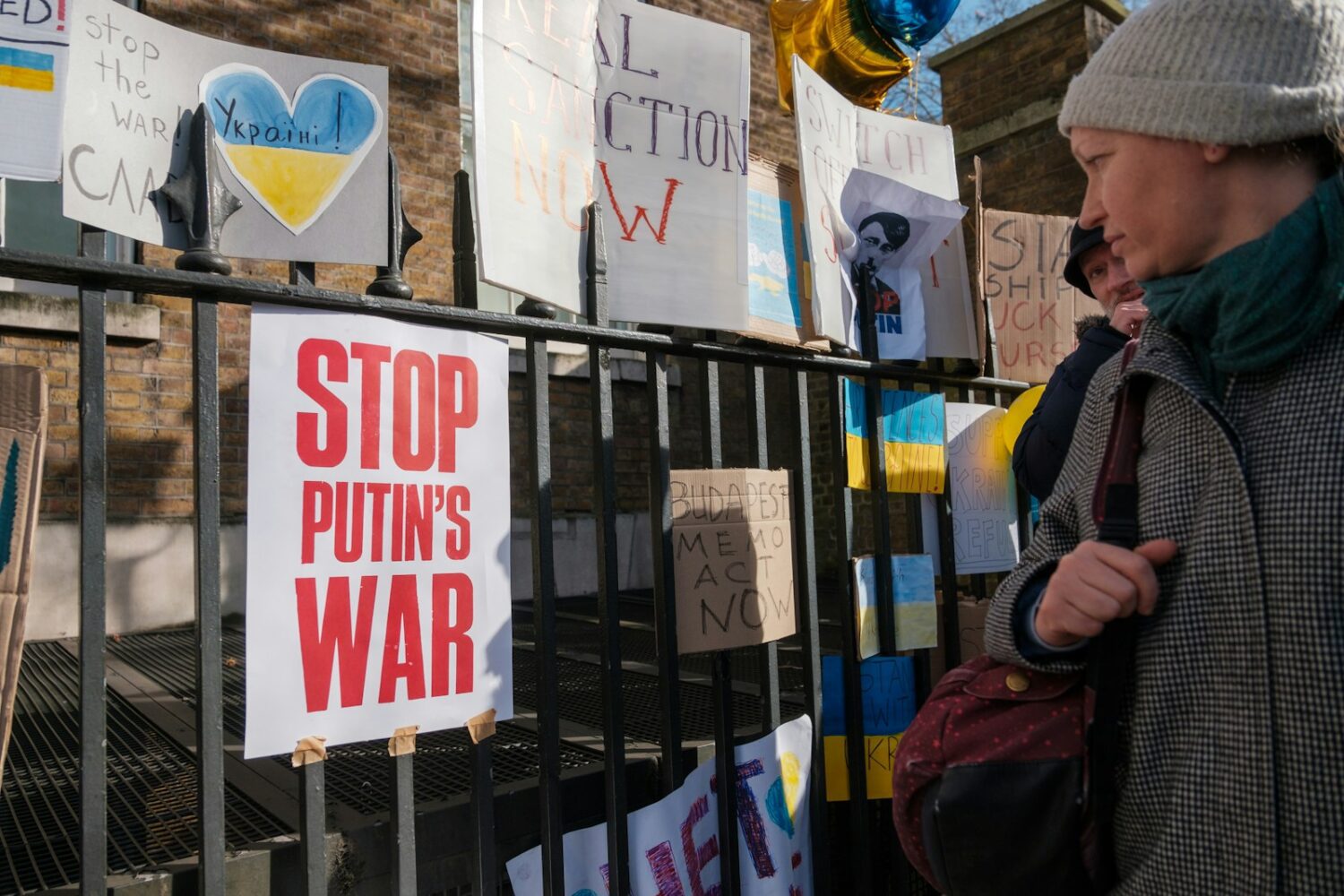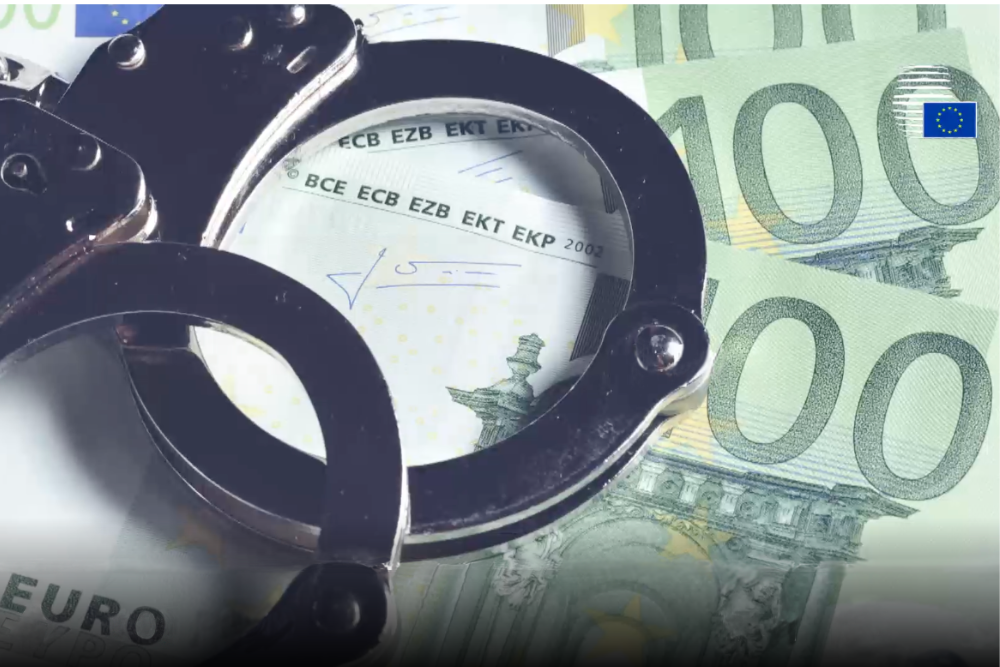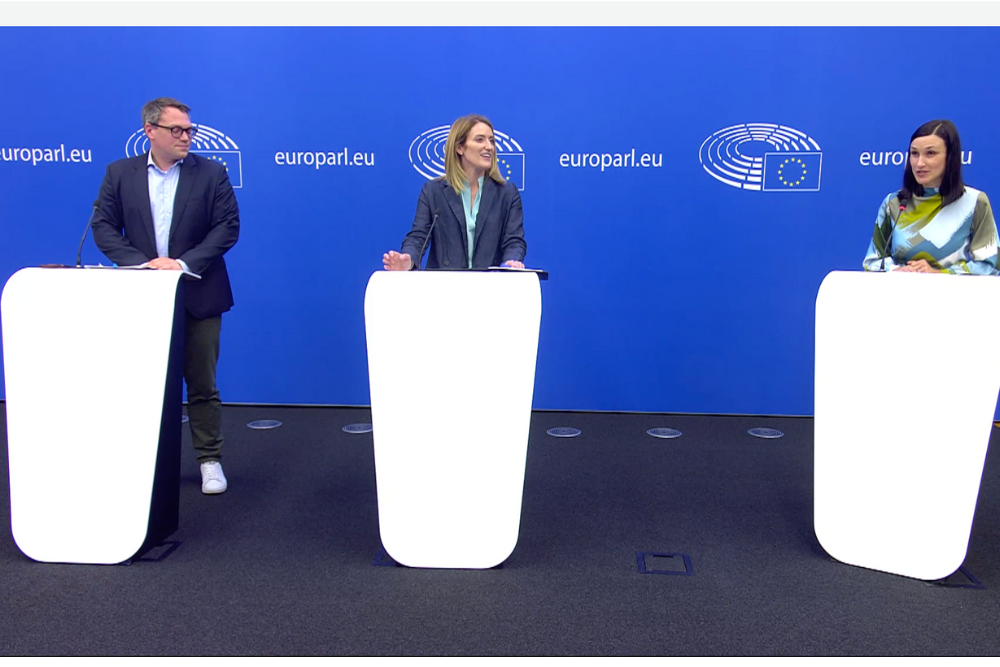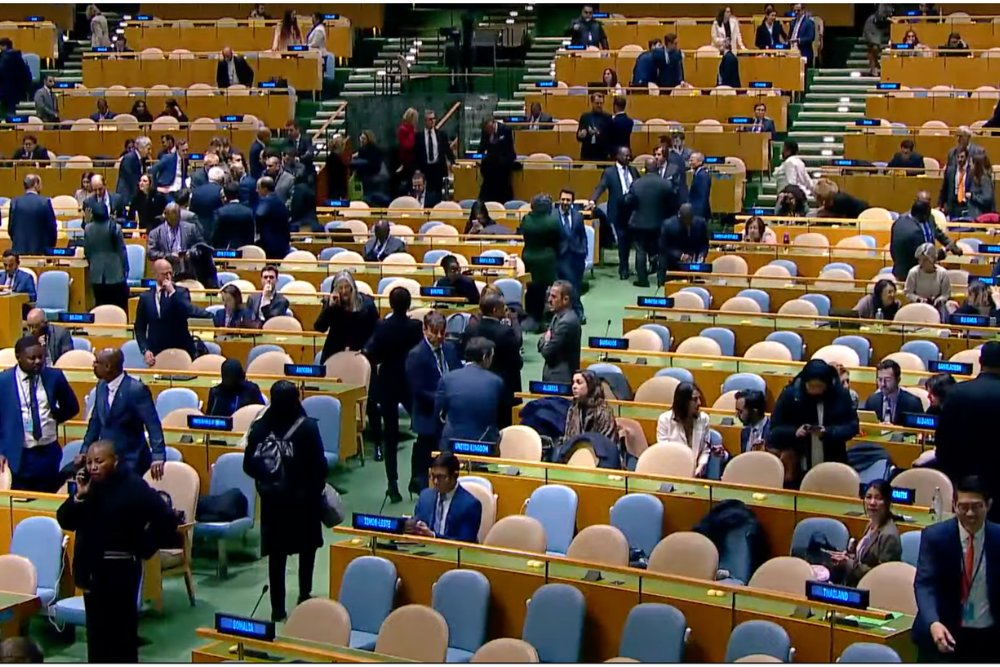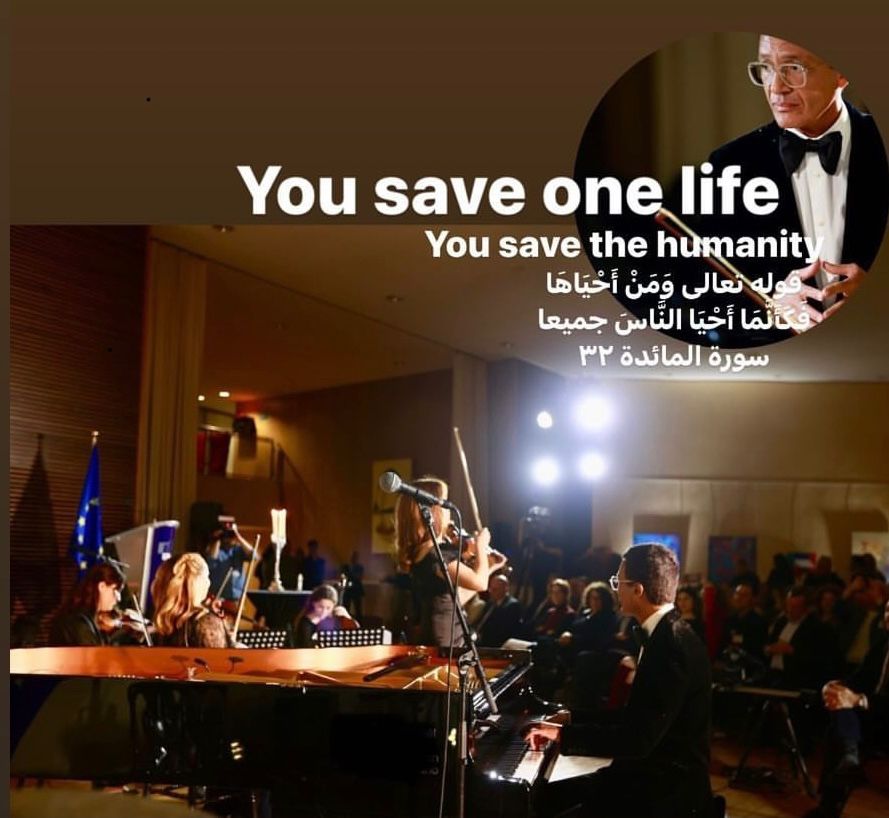Vote on 19 December will decide the future of alternative medicine in France.
Next week in France, the parliament will decide whether or not to support a law that grants authorities the power to criminalise those who criticise or avoid conventional medical practices deemed ‘essential’, or use or promote natural or alternative medicines instead. Macron’s government plans to implement these powers by amending existing French law on sectarian drift which will be discussed and voted on by the French Parliament next Tuesday, 19 December.
If passed, individuals or organisations prosecuted under the new law will face jail sentences of between 1 and 3 years, and fines of between 15,000 and 45,000 euros.
The proposed change in law comes by way of amendments to a long-standing law intended to protect people from sectarian abuses, including terrorism and female genital mutilation.
It has been motivated by concerns expressed by French medical bodies and the government agency tasked with fighting so-called sectarian aberrations, the Interministerial Mission of Vigilance and Combat against Sectarian Drifts, Miviludes.
The Explanatory Memorandum for the proposed amendments asserts: “The [covid-19] health crisis provided an ideal breeding ground for these new sectarian excesses. New forms of “gurus” or self-proclaimed thought leaders act online, taking advantage of the vitality of social networks to unite real communities around them.”
Robert Verkerk PhD, founder, executive and scientific director of the Alliance for Natural Health International, said that the bill, No. 111 (2023-2034) of the French Penal Code “represents probably the most blatant legal attack on the practice of alternative and natural medicine anywhere in the world.” He continued, “If passed into law, those who speak out about the dangers of pharmaceuticals or vaccines and use alternatives will be declared sectarian deviants and will be turned into criminals.”
Legal experts suggest the proposed law would violate France’s Declaration of Human and Civic Rights of 1789, in which article 11 protects the right to freedom of expression. It would also infringe a rash of international conventions, including the United Nations’ International Covenant on Civil and Political Rights (Article 18), the Universal Declaration of Human Rights (Articles 2, 3, 7, 8, 12 and 18-20), the European Convention of Human Rights (Articles 9-11), the Charter of Fundamental Rights of the EU (Articles 6, 7 and 10-13), the Oviedo Convention on Human Rights and Biomedicine (1997) (Articles 2-6 and 10), and the Helsinki Final Act (1975) (Sections II and VII).
Professor Christian Perronne MD PhD, a former member of the European Technical Advisory Group of Experts on Immunization (ETAGE) of the WHO Regional Office, who was himself fully exonerated of all charges made by French medical bodies who challenged him when he criticised the government’s health policies during the covid pandemic, expressed his grave concerns for the bill.
In a recent article that he published on the BonSens association’s website, he said, “This law would make it possible to violently suppress what little freedom of expression remains in our beautiful, battered country. This would be a crime against science which can only progress through debate of ideas….This law would establish a de facto obligation to receive pharmaceutical substances, even experimental ones, against one’s will….This would be a violation of international conventions.”
French former presidential candidate, current member of parliament and president of the Debout la France party, Nicolas Dupont-Aignan, stated in a 42 minute video on the subject that, if the law is passed, “medical freedom in France is finished” and it will “call into question” the Hippocratic Oath.
Senator Alain Houpert has proposed the deletion of Article 4, the key amendment that targets unconventional health practices.
While breaching a clutch of international conventions, the new bill appears to pre-empt proposed amendments to the International Health Regulations (2005) that aim to cede control over “public health emergencies”, and responses to threats of such emergencies, from individual nations to the World Health Organisation. These amendments will be voted on at the 77th World Health Assembly next May.
The Alliance for Natural Health is urging French citizens, parliamentarians and those among the international community who are respectful of human rights and medical ethics to lobby the French parliament with the aim, at least, of ensuring Senator Houpert’s amendment to block Article 4 is supported.
To do otherwise would be a travesty to both human rights and medical ethics and will create even further sectarian divisions in French society.
Legal procedure
https://www.senat.fr/dossier-legislatif/pjl23-111.html
Article by Professor Christian Perronne on BonSens.org
https://bonsens.info/est-on-en-guerre-contre-les-droits-du-peuple/
Statement by Nicolas Dupont-Aignan
https://youtu.be/tbNBgEus-8A?si=MWAq9CG9BR3OYkW3
Extensive article by Robert Verkerk PhD, founder, executive & scientific director, Alliance for Natural Health International
https://www.anhinternational.org/news/french-anti-cult-law-proposes-to-criminalise-natural-health/
ABOUT THE ALLIANCE FOR NATURAL HEALTH www.anheurope.org www.anhinternational.org
Alliance for Natural Health (ANH) Europe is the European, Netherlands-based, non-profit office linked to the ANH International. ANH International is an independent, non-profit organisation founded in 2002 in the UK by acclaimed sustainability scientist, Robert Verkerk PhD. Its mission is to promote and protect natural, sustainable and regenerative approaches to health optimisation worldwide, through the application of good science and good law.
We work to help health systems to transition from their current pre-occupation with the
management of ‘downstream’ diseases to ‘upstream’ approaches that maintain and
regenerate health. ANH International advocates for properly informed consent, the right for citizen choice in healthcare and the right to practise a diverse range of modalities incorporating natural health. It supports individual empowerment, medical autonomy, the rule of law, and respect for, and the protection of, the natural environment.
We seek to increase the adoption of clinically validated, natural and sustainable approaches, taking into account cultural and individual needs and choices. The threat of legal and scientific uncertainty, as well as regulatory and corporate pressure, continues to limit freedom of choice in the field of natural health.
As an international alliance, we collaborate with a diverse cross-section of natural and environmental interests around the world, including scientists, lawyers, medical doctors, other health professionals, politicians, companies and, above all, the public.




